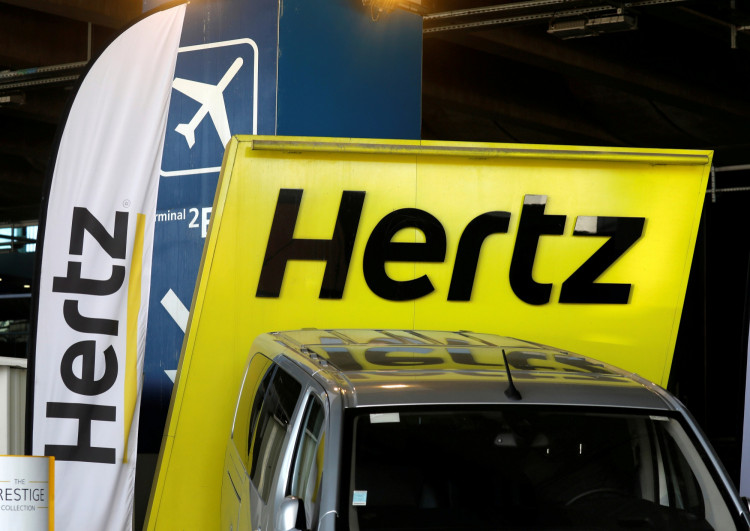Hertz Global Holdings, one of the largest car rental firms, announced its plan to sell approximately 20,000 electric vehicles (EVs) from its U.S. fleet. This decision, as reported in a recent Securities and Exchange Commission filing, represents a reduction of one-third of the company's global EV fleet. The move highlights the challenges and changing dynamics in the car rental industry, particularly concerning the adoption of electric vehicles.
Hertz's decision to offload a portion of its EVs stems from heightened expenses related to collision and damage, primarily associated with electric vehicles. The company noted that these costs remained high in the recent quarter, prompting a reconsideration of its fleet composition. Consequently, Hertz will now focus on increasing its inventory of gas-powered vehicles, marking a pivot from its previous commitment to electrification.
The sale of these vehicles is expected to be conducted orderly throughout 2024, having already commenced late last year. This decision follows Hertz's much-publicized acquisition plan in October 2021 to purchase 100,000 Teslas, a move that was seen as a significant endorsement of the EV market. Additionally, Hertz had agreed to buy up to 65,000 units over five years from Polestar, a Swedish EV manufacturer, further underscoring its initial push towards electrification.
The company had previously set an ambitious target for 25% of its fleet to be electric by the end of 2024. However, the latest development indicates a recalibration of this goal. The company's used car website currently lists more than 700 EVs for sale, including models from BMW, Chevrolet, and Tesla.
Financially, Hertz anticipates about $245 million in incremental depreciation expenses from the proposed sale in the fourth quarter of 2023. This move is also expected to impact the company's adjusted corporate core profit for the period. Despite the sale, Hertz stated its continued commitment to improving profitability for the remainder of its EV fleet.
Hertz's strategic pivot comes at a time when the automotive industry is undergoing a significant transformation, with a global push towards electrification amidst environmental concerns and technological advancements. However, the company's latest move underscores the complexities and financial challenges of transitioning to an EV-dominated fleet, particularly in the rental car sector where operational costs and customer preferences play crucial roles.
The decision by Hertz to reduce its commitment to electric vehicles and increase its reliance on gas-powered vehicles reflects a balancing act between embracing future technologies and managing current operational realities. It also highlights the broader challenges faced by companies in the transportation sector as they navigate the evolving landscape of vehicle electrification, consumer preferences, and economic considerations.
As Hertz implements this strategic shift, it will be closely watched by industry analysts and other players in the car rental market. The company's experience may provide valuable insights into the practical challenges of integrating electric vehicles into large-scale commercial fleets and the broader implications for the future of transportation and vehicle electrification.





